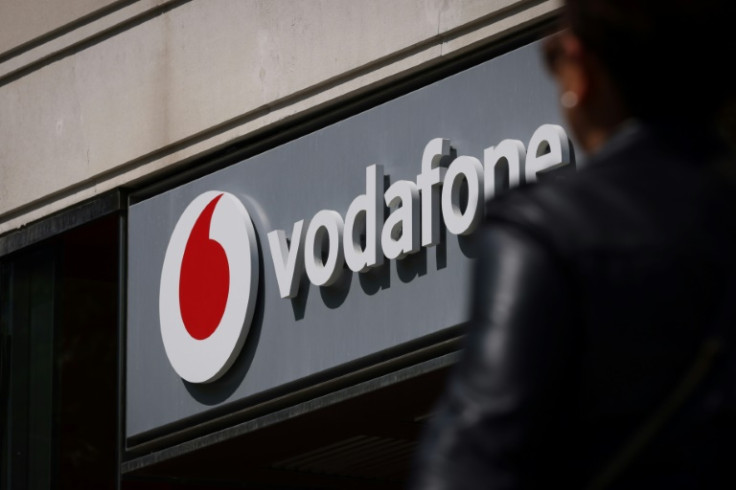Vodafone and Three Just Merged: Will The Phone Bill Go Up or Down For Its 27 Million Customers?
Short-term price caps protect customers, but long-term changes remain unclear

The recent merger between Vodafone UK and Three UK has made headlines as it reshapes the UK's mobile market.
With 27 million customers now under one roof, questions are being asked: will this mean cheaper bills, better service – or higher prices?
Vodafone and Three Join Forces: What You Need to Know
In June 2025, Vodafone and Three officially completed a £16.5 billion merger, forming VodafoneThree – now the UK's largest mobile network. This consolidation reduces the number of major network operators from four to three, placing VodafoneThree alongside EE and O2 as dominant providers.
The merger aims to improve infrastructure, accelerate the UK's 5G rollout, and enhance competition on a global scale. According to Independent.co, the Competition and Markets Authority (CMA) approved the deal on the condition that VodafoneThree commits to a £11 billion investment in 5G infrastructure and introduces safeguards to protect customers from potential price hikes.
Will Mobile Prices Go Up or Down?
Short-Term Price Protections Are in Place
To ease concerns about reduced competition, the CMA imposed several regulatory requirements:
- Price caps on selected mobile tariffs and data plans are in place for three years.
- Wholesale pricing for virtual network operators must remain fair and transparent to ensure continued market diversity.
As reported by BBC News in December 2024, Vodafone's chief executive said the merger would not lead to higher consumer prices. The CMA added that Vodafone and Three will be legally obliged to invest in the UK's mobile infrastructure over an eight-year period.
While specific capped plans have not yet been detailed, this information is expected in the full merger report, which is yet to be published.
For now, Vodafone and Three customers should not expect immediate changes to their bills. The merged company has committed to clear communications before implementing any new pricing structures.
The Long-Term Price Picture: Uncertain Waters Ahead
While short-term protections are reassuring, long-term implications remain less certain. With the market now down to three major operators, some analysts predict that reduced competition could lead to higher prices once the three-year caps expire.
Consumer group Which? has raised concerns that this consolidation may limit consumer choice and drive up costs. However, VodafoneThree insists that increased scale will allow for improved efficiency and better value, particularly through superior network performance.
A £11 Billion Bet on 5G and Coverage
VodafoneThree has committed to investing £11 billion over the next decade to build one of Europe's most advanced 5G networks.
An initial £1.3 billion will be spent within the first year to accelerate the rollout of new infrastructure. The company also plans to integrate both networks using Multi-Operator Core Network (MOCN) technology, enabling better mobile signal and wider coverage – especially in rural and underserved areas.
This level of investment could significantly enhance user experience and support the UK's ambition to be a digital leader – but it also raises the question of whether customers will eventually foot the bill.
What Should Customers Do Now?
For existing customers, there is no immediate disruption:
- Continue using current services, support channels, and billing systems.
- Expect gradual integration over time, with more information to follow.
That said, it's wise to stay proactive:
- Watch for updates from your provider, especially near contract renewal dates.
- Be prepared to switch providers if better deals emerge.
- Track any changes after the 2027 price cap period.
Conclusion: A Changing Mobile Landscape
The Vodafone-Three merger is a landmark moment for UK telecoms. While it brings promises of faster networks and short-term price stability, the long-term impact on mobile bills is still unfolding. For now, customers are protected – but staying informed and comparing deals will remain crucial as this new chapter in UK mobile unfolds.
© Copyright IBTimes 2025. All rights reserved.




















